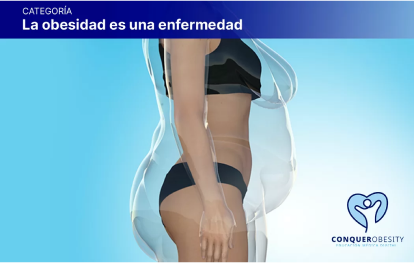Médico Cirujano especialista en Obesidad y Comorbilidades.
Cédula Profesional: 4828713.
Blancas-Flores, Gerardo, Almanza-Pérez, Julio César, López-Roa, Rocío Ivette, Alarcón-Aguilar,
Francisco Javier, García-Macedo, Rebeca, & Cruz, Miguel. (2010). La obesidad como un proceso
inflamatorio. Boletín médico del Hospital Infantil de México, 67(2), 88-97.
Conway, B., & Rene, A. (2004). Obesity as a disease: no lightweight matter. Obesity reviews: an
official journal of the International Association for the Study of Obesity, 5(3), 145–151.
Hajer, G. R., van Haeften, T. W., & Visseren, F. L. (2008). Adipose tissue dysfunction in obesity,
diabetes, and vascular diseases. European heart journal, 29(24), 2959–2971.
Ibrahim M. M. (2010). Subcutaneous and visceral adipose tissue: structural and functional
differences. Obesity reviews: an official journal of the International Association for the Study of
Obesity, 11(1), 11–18. https://doi.org/10.1111/j.1467-789X.2009.00623
Palacios E., Neuronal control of Obesity. Anales de la Real Academia Nacional de Farmacia.1-19.
2016.
Pi-Sunyer F. X. (2002). The obesity epidemic: pathophysiology and consequences of obesity.
Obesity research, 10 Suppl 2, 97S–104S. https://doi.org/10.1038/oby.2002.202
Reynoso, Ricardo. "Fisiopatología de la obesidad" Posgrado Obesidad y comorbilidades. UIA.
octubre,2014.
Williams, G. Frühbeck, G. (2009). Adipose tissue: development, anatomy and functions. pp.
70-103. Obesity: Science to practice. UK. Wiley Blackwell.
